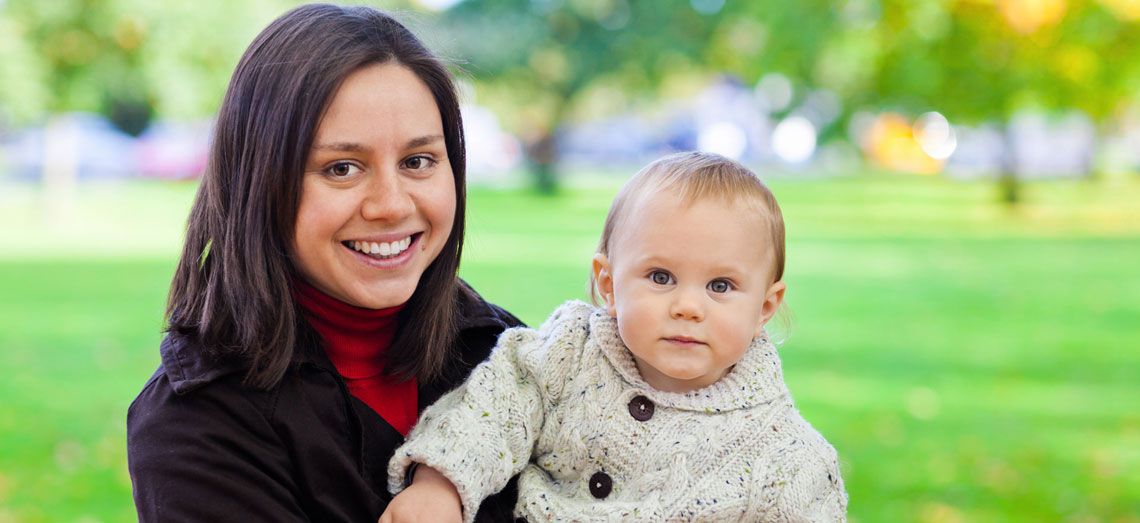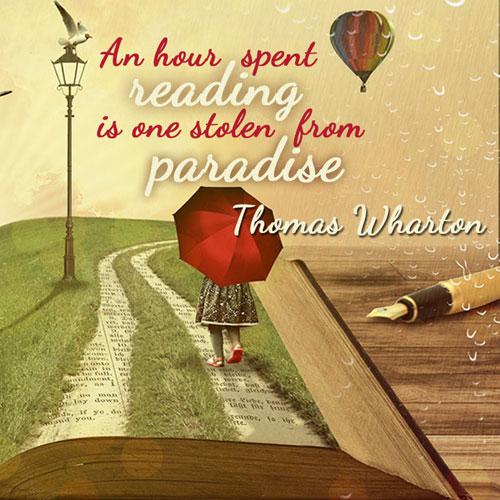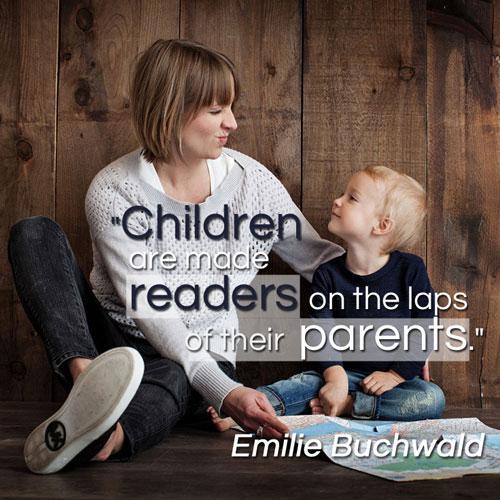by Lucy Windevoxhel
This article comes as a response to a friend's question regarding her own child. In fact as a speech-language pathologist I have been asked many times if the cause of the language delay was exposure to two languages . The answer is No. Being exposed to two or more languages does not cause a child to have a language delay.
Many parents believe that if a child is exposed to more than one language then he will achieve typical language developmental milestones later than monolingual children. However, research indicates that bilingual children achieve those milestones at roughly the same time as monolingual children. As with everything in life though, all children achieve each milestone at a different age. Some children may say their first words at 9 months while others at 14 months. However, you should expect to hear those first words (though not very clearly) between 9-13 months. Two word combinations (mama cookie, dada bye-bye) typically appear during the second half of their second year (18-24 months). It is normal though for a child who is being exposed to more than one language to draw vocabulary from both languages when they are talking (dame cookie). It may also be normal for these children to go through a "silent period" (particularly when they are first exposed to a second language). During a silent period children seem to be learning the second language, which is apparent by their ability to follow directions and respond nonverbally to that language, but the second language is not used expressively by the child.
So, what to do if your bilingual child is not talking? Or if you feel that your child is not talking like other children his age? The best thing you can do is schedule an evaluation by a bilingual speech-language pathologist. Someone who will not only be fluent in the languages your child speaks, but who is also familiar with the language development of a bilingual child. The clinician evaluating your child can determine if your child is developing adequate language skills, what his strengths and weaknesses are and if your child needs therapy. In some cases when therapy is not warranted, but some level of concern is present, she may give you a home program, activities that you can do with your child at home, and then meet your child again in a few months for a follow-up.
The biggest advice I can give you now is to continue to speak to your child in the language YOU are most competent in. When it comes to language development, the most important thing you can give your child is an optimal language model to learn from. If one parent is more fluent in one language and the other is more fluent in a different language then each of you speak in the languages you are most proficient in. Your child will thank you later, in two languages or more!



